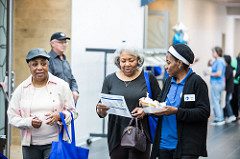 I recently watched a feature on NBC’s The Today Show about an American loneliness epidemic and possible solutions. The Today Show piece focused specifically on creativity as a means to combat loneliness.
I recently watched a feature on NBC’s The Today Show about an American loneliness epidemic and possible solutions. The Today Show piece focused specifically on creativity as a means to combat loneliness.
Since I saw that item, and watched it again, and again, a few thoughts came to mind regarding loneliness and older adults. I think it is important to acknowledge the value of intellectual creativity through lifelong learning and to celebrate the resulting benefits, which include reducing loneliness and increasing socialization.
Within a few weeks of arriving at my job at the Nova Southeastern University (NSU) Lifelong Learning Institute (LLI) back in 2007, I ran into a gentleman named Arthur, someone I knew from the community. He had literally just lost his wife a few days before. I embraced him and shared my condolences. I asked if he was ok being back at class so soon after burying his wife. He replied, “I had to come back. This is my family, where I belong.” I knew he had blood relations nearby, so I was a bit confused, but kind of understood what he was saying.
Now, all these years later, I understand much better than I did then, why lifelong learning is such a critical component to the aging process and why organizations like NSU and Oasis mean so much, to so many people who are seeking purpose and meaning in their lives.
Both organizations have participants who are retired lawyers (we also have some judges), doctors, teachers, nurses, social workers, business people, therapists, police officers, homemakers and more. These are experienced, intelligent people. Retiring does not turn off that experience or intellect. Such people are used to daily interactions with varying amounts of other professionals. Suddenly not having that socialization can be a very, very debilitating event in their lives. When someone stops working, a social network is often lost. While they may still be in touch with former colleagues, they are not having that day-to-day interaction, which is one of the reasons I am so enthusiastic about lifelong learning programs.
Experts in the aging field define “elder orphans” as Baby Boomers who do not have adult children, spouses, relatives or other support groups to turn to for assistance and help during their later years. However, even when older adults have such people around them, they can still be lonely. I have met way too many people who have families and other support, but are still basically alone. Programs like the ones offered by NSU and Oasis offer not only intellectual stimulation, but also opportunities for vital socialization.
Occasionally I am invited to speak about our program and lifelong learning in general. Whenever possible I try to invite an LLI student to accompany me, and say a few words. It is so much more interesting and poignant to hear students speak because of their passion. They talk about how many new friends of all ages they are making, the new opportunities they never knew existed in their newfound free time and about how much more enriched they are from an intellectual and social perspective.
Hearing them speak warms my heart and gives me hope that one day, if I get to retire, such programs will still be around and supported as important cultural cornerstones in our society.
Linda E. Maurice, M.A., is Director of the Lifelong Learning Institute, at the Dr. Kiran C. Patel College of Osteopathic Medicine, Nova Southeastern University, Fort Lauderdale, FL.
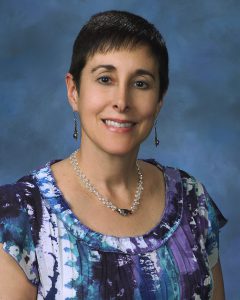

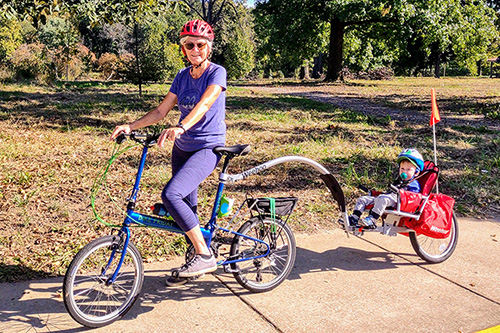
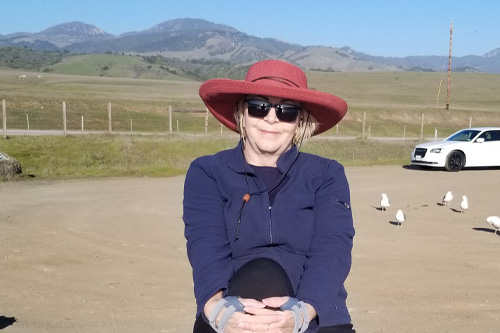
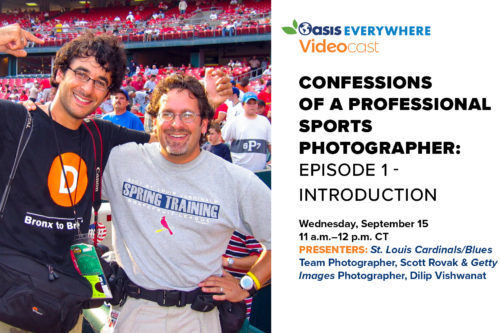
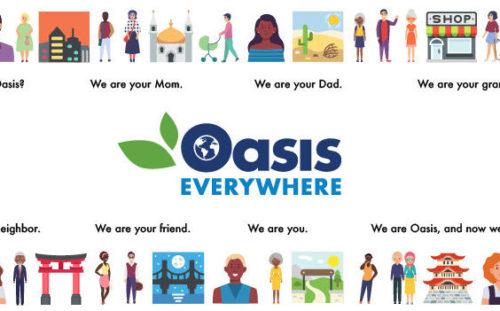
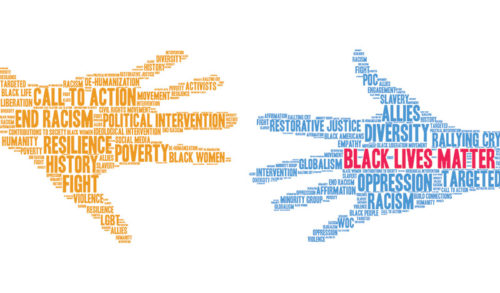
Leave A Comment
You must be logged in to post a comment.